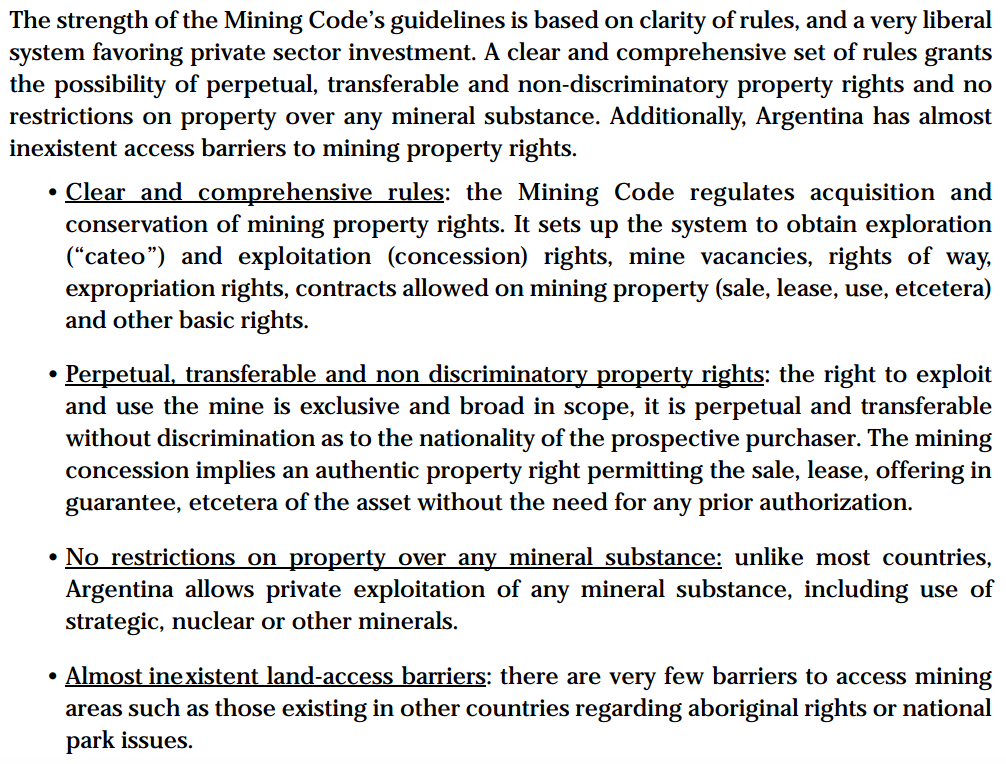Aubrey McClendon, the embattled former CEO and co-founder of Chesapeake Energy, has announced his entrance into Argentina to begin hydraulic fracturing (“fracking”) in the country’s Vaca Muerta Shale basin.
Though he retired as Chesapeake Energy’s CEO back in 2013 in the aftermath of a shareholder revolt, McClendon wasted little time in creating a new company called American Energy Partners (AEP). AEP, like Chesapeake, has found itself mired since its onset in legal snafus over its treatment of landowners. With AEP not getting a red carpet roll-out in the U.S., McClendon has looked southward for other lucrative business adventures.
DeSmog reported in September that McClendon has also teamed up with a private equity company affiliated with former Mexican president Vicente Fox to begin tapping into Mexico’s portion of the Eagle Ford Shale basin. We also reported that he has begun doing business in Australia.
All of those countries have something in common that makes them different from the U.S.: lax royalty and land deal laws.
As McClendon boasted in an investor call — and as Chesapeake formerly acknowledged on a portion of its website, since taken down — the company chose the land grab as a key part of its business model.
Mexico, Australia and Argentina are still in the “land grab” phase of development, with zero production scale fracking taking place in any of the three countries.
AEP attempts to preempt “land grab” charges on its website.
“We work hard to earn – and maintain – your trust,” writes AEP. “We practice open, honest communication with our owner partners to strengthen those partnerships forged in mutual trust.”
Banana Republic Land Laws
In Mexico, unlike in the U.S. in which in most states’ landowners own the minerals underneath their land, the government maintains mineral rights. The same goes for Australia.
Argentina’s government, in a presentation posted online by the Undersecretariat of Mining, brags about how its legal landscape permits foreign investors and companies to come in and commandeer land.
Image Credit: Argentina Undersecretariat of Mining
McClendon did not say so overtly, but it appears “land grab” could be a key part of his plans in Argentina moving forward.
“[W]e intend to bring US-style shale drilling and operating expertise, completion techniques and cost structure to the Vaca Muerta, which we believe will prove transformative for the play,” McClendon stated in an AEP press release announcing the deal.
There is a term for this “cost structure” with roots in how U.S.-based companies have attempted to do business historically in Latin America: banana republic. Will history repeat itself in the Vaca Muerta?
Photo Credit: PromesaArtStudio | Shutterstock
Subscribe to our newsletter
Stay up to date with DeSmog news and alerts







